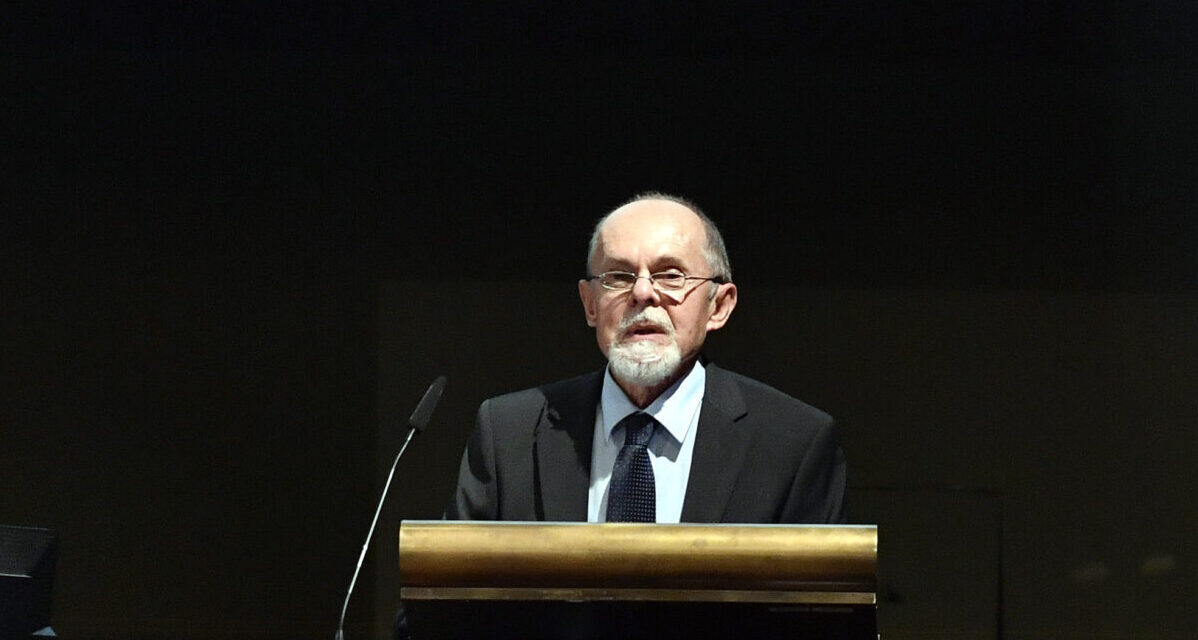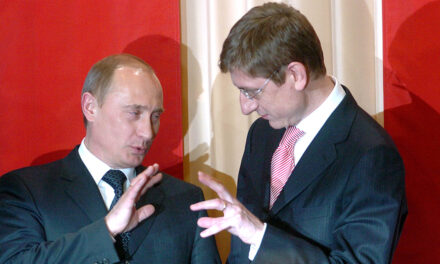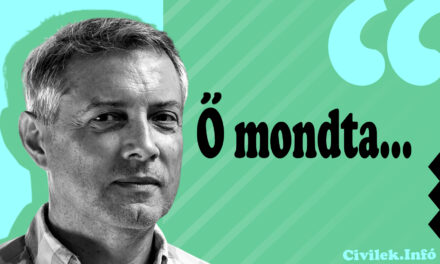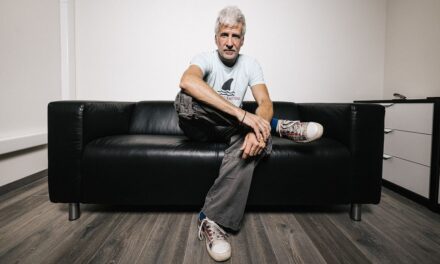Only with the help of communism was it possible to grind the traditional peasant societies into a bloody historical pulp in fifteen years, compared to the one hundred and fifty years of the transition that took place in the West. Written by László Bogár.
Upon seeing the title, the reader may think of China at first, because it is indeed in the case of China that the theories about communism and capitalism as total existential opposites, which are still dominant to this day, are perhaps not really capable of grasping the essence.
But the subject of this article is exceptionally not China, because the last time this contradiction came to mind was when I was watching and listening to the commemorations on the Memorial Day of the Victims of Communism last week. From this program, we learned everything we already knew about the terrible crimes and atrocities of communism that never fade away, but nothing about the connection that the title refers to.
There was not a single commemoration or analysis that would have mentioned, even as a subtle hint, that the communist killers were actually only "assassins" (which, of course, does not diminish their crime), and that their principals, who are the real criminals, not only went unpunished, but they are still the real masters of the world today, and they even determine the basic narrative mode of commemorations meant to show the horrors of communism. (The fact that the communist "assassins" also went unpunished is just icing on the cake, Stalin and Mao, Rákosi and Gábor Péter died in bed between pillows.)
Of course, I wouldn't want to be a fake, we all know that this "certain" force that hasn't existed for thousands of years is behind every undetected historical crime.
From Lenin as an agent of the German global imperial experiment to Lev Davidovich Bronstein (alias Trotsky) to the agent of the masters of the American global imperial experiment, everyone was the "drive belt" of this world power project.
Just like Adolf Hitler, of course, because it is hard to imagine that the Third Reich could have been built without the discreet support of the global monetary power system of this "non-existent" world power.
At most, we can assume that in Munich in 1938 he was still completely "in control" of the processes, but later on, perhaps, he really "got out of hand".
But then, as then, it usually happens that our non-existent world power clicks with satisfaction and says that yes, I didn't originally want it this way, but it's even better this way. And it got better.
At least for him. As always. Also in the case of the action series constructed by him under the pseudonym "communism".
Today we can clearly see that communism and capitalism are not only not opposites, but indispensable complements.
It was only with the help of communism that the traditional peasant societies could be ground into bloody historical pulp in fifteen years, compared to the one hundred and fifty years of the transition that took place in the West.
It is true that the specific costs in terms of human life and material were slightly higher, but since this was paid entirely by the local societies, this was not a problem for the world power, in fact. It doesn't hurt if the people of the localities learn that they also have to pay the costs of their own execution, because learning this is a very important disciplinary force.
However, the "main project" of world power, which was given the code name "capitalism", only works "effectively" if obedient labor and consumer power can work with a homogeneous mass of animals.
Aliases are always carefully chosen by this world power, because it is crucial that the name be as deceptive as possible. The name capitalism, for example, creates the illusion that it is a form of organization capable of accumulating value at an unprecedented speed. The exact opposite is true, it is a parasitic way of being that creates values, but destroys the external and internal nature of human existence to a much greater extent.
Communism, as a concept, suggests that it is a system based on "community", although there has never been a way of life that so brutally destroys real human communities as the system that calls itself communism.
As a journalist, the young Karl Marx attacked not capitalism with unbridled passion and cynicism, but the traditional peasant society, which he simply referred to as the "old "sz.r". Moreover, he posited capitalism as a particularly important and useful tool, because it is the most effective weapon for eradicating traditionalism. A century later, during Rákosi's "tsz organization" with the Ávós, Marx's world capitalism was able to use communism as a weapon to carry out the historical dirty work.
There was a joke in the 1970s that started with the question of what socialism is, and the answer was that it is nothing but the cruelest part of the road from capitalism to capitalism.
The philosophical message of this joke clearly indicates that even then Hungarians had a reflexive attitude towards recognizing the pranks of this "non-existent" world power.
However, it seems that this did not prove to be enough for the Hungarian voter to realize that it is not very wise to make the local agent network of the global power structure of this "non-existent" force for thousands of years almost the strongest party, the "first free election ” codenamed project. But once they were the "most anti-Communists", ask back the more than one million "Hungarians", who are the "authors" of the complementary arrangements of capitalism and communism, who - being authors - "knew, dared, did", almost made it the strongest party.
That's why I was a little disappointed in the commemorations, because these more than thirty years were not enough to realize this.
Cover photo: Economist László Bogár gives a lecture at the 200th anniversary meeting of the Energy Policy 2000 Society at the Hungarian Academy of Sciences on September 21, 2020.
Source: MTI/Zoltán Máthé












